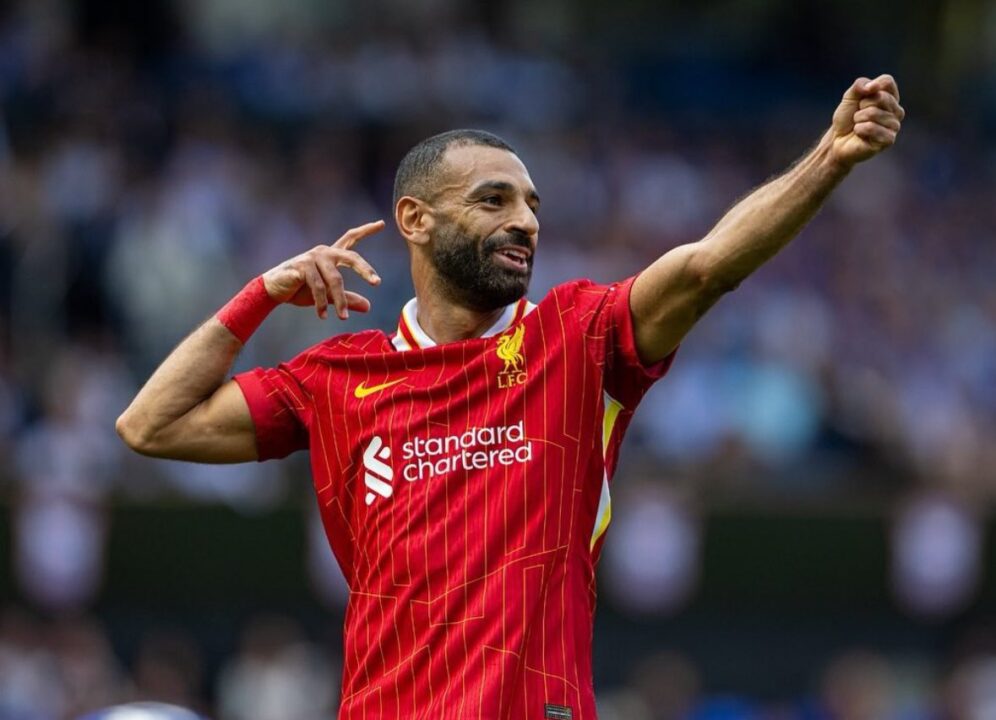OPINION: Mesut Özil Retires - The Last of His Kind?

On March 23rd, legendary German playmaker Mesut Özil announced his retirement from professional football at the age of just 34. In recent years, the former Real Madrid man has found himself down the pecking order in the Turkish Süper Lig with clubs such as Fenerbahçe and most recently. İstanbul Başakşehir. But at one time - not too long ago - the 2014 World Cup winner was considered as one of the world’s finest players.
Unfortunately for Özil and those who loved to see him at his dazzling best, the game seems to have passed him by. Whereas the likes of Lionel Messi and Cristiano Ronaldo are still performing at a high standard despite being 36 and 39 years of age respectively, Arsenal’s former number ten simply couldn’t keep up with the demands of the modern game.
He announced his retirement on social media, and the comment sections summarized the feelings of football fans the world over: Goodbye Mesut, thanks for the memories.
An International Career Full of Iconic Moments
While still representing Bundesliga outfit Werder Bremen, Mesut Özil burst onto the scene in the summer of 2009 at the Under-21 European Championships. He was the man of the match as Germany thumped England by four goals to nil in the final, and he would pick up where he left off, this time for the senior team, the following summer. And The Three Lions would once again get to feel the full force of his brilliance.
Die Mannschaft headed to the 2010 FIFA World Cup in South Africa as an unfancied nation, which was a strange feeling at the time. The Germans were a team in transition, and stars of the previous World Cup such as Michael Ballack, Jens Lehmann, Torsten Frings, and Bernd Schneider had all been phased out of the side. In their place came a number of stars from the successful U21 campaign the previous summer, such as Manuel Neuer, Sami Khedira, Thomas Müller, Toni Kroos and of course, the jewel in the crown, Mesut Özil.
Hot stories
While the Germans were considered outsiders by many, online bookmaker Bodog had made Spain the favorites for glory, as seen here: https://www.bodog.eu/casino. The Spanish had won the European Championships in 2008 - defeating Germany in the final - and they were expected to secure their maiden crown in South Africa. But it was Özil and co. who stole the show. Joachim Löw’s side navigated a tricky group to progress to the knockout stages, and it was there where they truly shone. Özil was the star of the show as Germany trounced arch-rivals England by four goals to one in the second round. They then battered Lionel Messi’s Argentina 4-0 in the quarterfinals to set up a semifinal against the favorites.
The Spanish would have too much for the Germans, eventually winning 1-0 thanks to a Carles Puyol header. But four years later, Die Mannschaft would come of age at the 2014 FIFA World Cup in Brazil. Özil was front and centre as his side decimated the hosts 7-1 in the semifinals, before a late Mario Götze goal in the final was enough to secure the victory over Argentina and a first World Cup for Germany as a unified nation.
Four years later in Russia however, the curse of the reigning world champion struck. Germany were eliminated at the group stages. They finished bottom of a group containing Sweden, Mexico and South Korea, and their playmaking sensation would never play for his country again.
The Decline of the Playmaker
Around the time of that bitter disappointment in Russia, football was becoming an increasingly physical game. The game was starting to become more about pressing high up the pitch, rather than technical ability. While Özil had the latter in abundance, he was seen as a luxury player, and the former wasn’t something that he could provide to his team.
Arsene Wenger’s departure from Arsenal - Özil’s club at the time - saw Unai Emery appointed as the iconic Frenchman’s replacement. Their new Spanish playmaker began to phase his best playmaker out of the team, as did Mikel Arteta when he took over the reigns from Emery in 2019. Both managers were looking to press the opposition high up the field akin to the systems implemented by Pep Guardiola’s Manchester City and Jürgen Klopp’s Liverpool, the two teams dominating English football at the time.
As such, Özil and his £350k per week wage became a hot topic. After sitting on the bench and collecting his paycheck for a couple of seasons, Özil eventually agreed to leave the club for his parent's homeland, signing for Turkish outfit Fenerbahçe. But it isn’t just Germany’s World Cup winner that has suffered due to the advancement of the modern game.
Former Real Madrid star and five-time UEFA Champions League winner, Isco, currently finds himself without a club following his release from Sevilla at the end of January. James Rodriguez, winner of the Golden Boot award at the 2014 FIFA World Cup with a number of dazzling displays and sumptuous goals, has been exiled to Greece and currently plays for Olympiacos after a number of failed transfers.
Unfortunately for football fans who like to see the very best creative geniuses on the planet, it seems that Mesut Özil may well be the last of a dying breed. When the German sensation left Real Madrid, Cristiano Ronaldo said:
The sale of Özil is very bad news for me. He was the player who best knew my moves in front of goal...I'm angry about Özil leaving.
But while CR7 is still going strong and scoring goals for Portugal, Mesut Özil has received his final curtain call.
PS: The opinions in this article are those of the author and do not necessarily represent the views of any Football Club, Agency, or Nationality.











